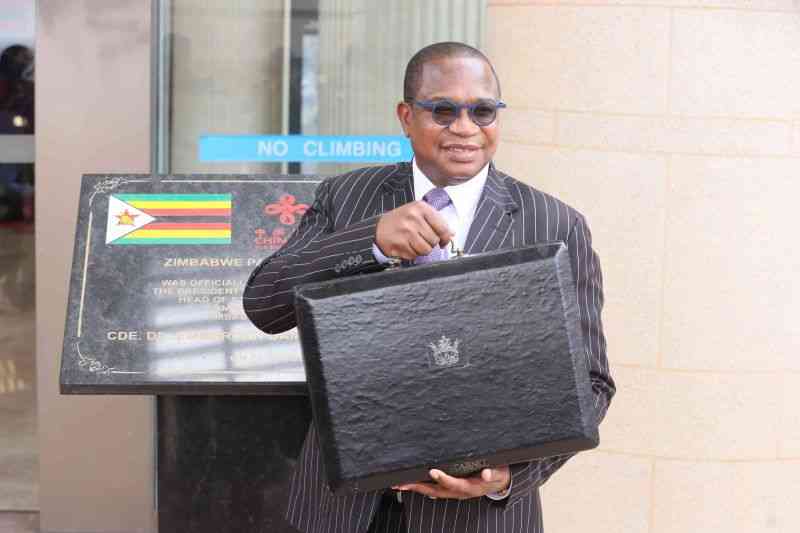
TREASURY’S “value for money” audit to screen exorbitant invoices from government suppliers is being applied after the contract has been awarded as it is too cumbersome to undertake the exercise at the beginning of the process, it has been revealed.
The value for money audit was introduced last year amid a surge in forward pricing by government suppliers on goods and services.
By reducing government expenditure, Treasury hopes to control the increase in money supply, which without commensurate economic growth, has become inflationary and is fuelling the sharp depreciation of the Zimdollar.
During a question-and-answer session in the National Assembly last Wednesday, legislators grilled Finance, Economic Development and Investment Promotion minister Mthuli Ncube on why the audit was happening after the contract had been awarded.
“The value for money process is applied at the end of the process because we want to check whether the winner of the contract and also the process that has been applied to get that adjudication has resulted in a value for money principle being followed,” Ncube said.
“If we were to apply ourselves along the entire process, which would be too cumbersome, it is much more efficient to apply the process at the end of the process and then we can do further refinement at that stage. We always want to improve processes. We will relook into it, but for now the policy stands.”
The increase in money supply is meant to fund government’s ZWL$60 trillion budget for the year, an increase of 165,48% from 2023.
The increase is bigger than last year’s original budget of ZWL$4,5 trillion.
- Village Rhapsody: How Zimbabwe can improve governance
- Village Rhapsody: Engage men to end gender-based violence
- Village Rhapsody: How Zimbabwe can improve governance
- Zim maize output to drops by 43%
Keep Reading
The money supply rose by a whopping 709% to ZWL$18,91 trillion from prior year.
Money supply growth without corresponding economic output causes a currency to lose its value since it will not be backed by tangible fundamentals.
“We are open to suggestions if it will improve the efficiency of the process, but we do not want to be involved in the cumbersome procurement process,” Ncube said.
“We just want to check financial issues that are clear in terms of value for money by comparing whatever the value of the contract is; whatever is available out there in the budget so that they can check for competitive pricing as well as deal with any possibilities of corruption. I hear you well and we will investigate that. Your proposal is good.”
While statistics are not yet out, with Treasury already implementing the 2024 National Budget allocations, money supply has grown.
The International Monetary Fund (IMF), after concluding a two-week visit to Zimbabwe to discuss a new staff-monitored programme and Article IV consultations, noted that it was critical to deal with fiscal pressures.
IMF said apart from dealing with the quasi-fiscal activities at the central bank, other fiscal pressures needed containment.
“Restoring macroeconomic stability will also require addressing other sources of fiscal pressures, including those emanating from other non-core (not related to the goal of price and financial stability) operations of the RBZ [Reserve Bank of Zimbabwe] and from SOEs [State owned enterprises],” IMF said, in a statement following the visit.







